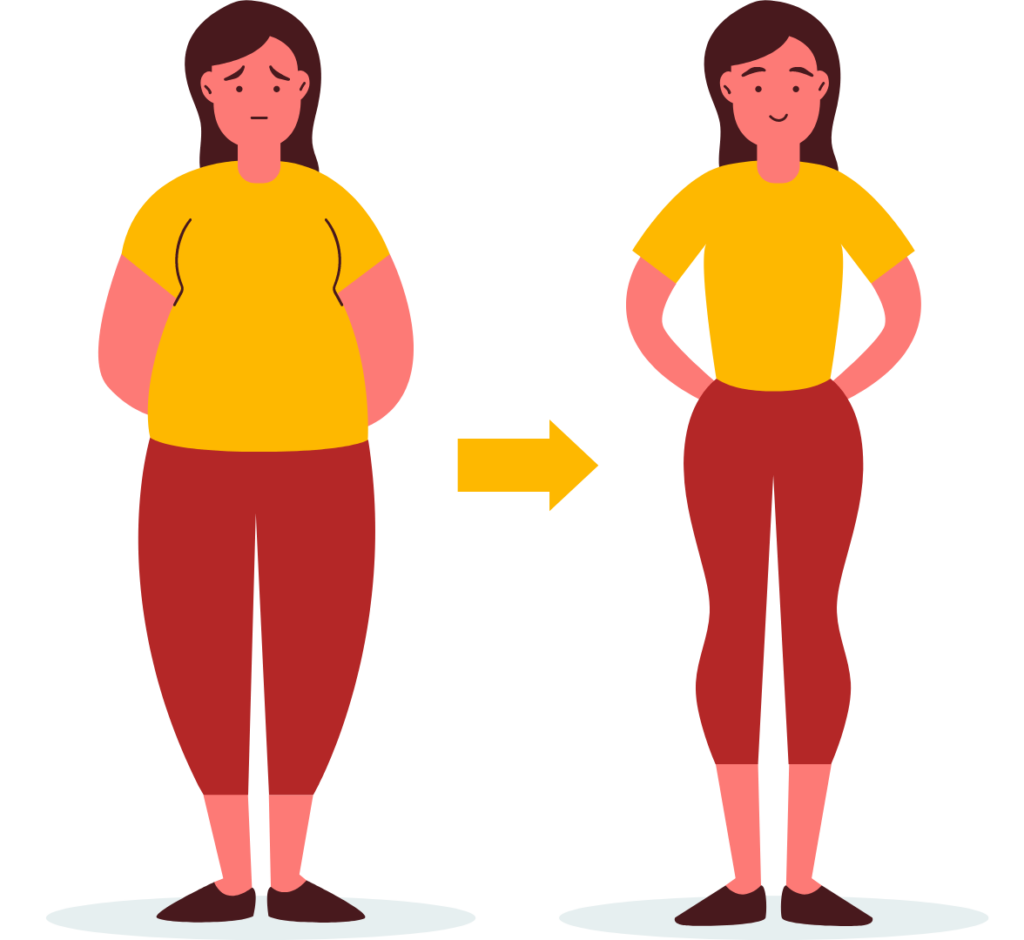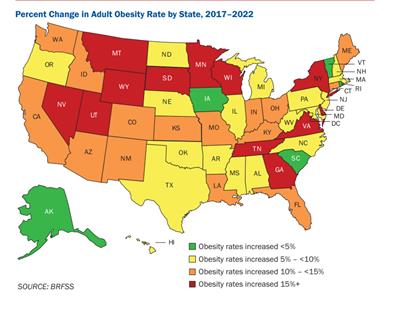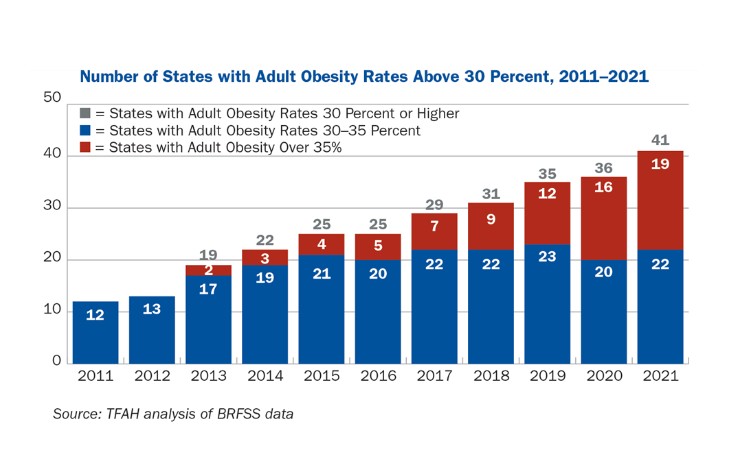Weight Loss
In the early 1990s
I personally struggled with diabetes. My weight nearly doubled due to stress and frequently eating out, which included fast food and takeout. I mistakenly believed that if the food was served and tasted good, it must be nutritious. The frustration of my blood sugar levels fluctuating wildly was indescribable.
Managing diabetes with insulin which promotes weight and fat storage, initially felt like an insurmountable challenge. Confronted with the added risk of high cholesterol and a warning to improve my “fatty liver,” I realized the seriousness of my situation.
I refused to accept a future compromised by type 2 diabetes. The inability to perform simple tasks like trimming my toenails was a wake-up call. My journey of weight loss profoundly changed my perspective on how diet impacts blood sugar and overall health. I adopted new eating habits, which not only improved my condition, but also freed me from relying on insulin and other medications.
Achieving weight loss was not an overnight success for me; it took almost a year of dedicated effort. Weight loss is a nuanced and multifaceted journey, far beyond the simplistic mantra of “eat-less-move-more”. It requires a comprehensive understanding of how various nutrients and nutraceutical supplements interact with our bodies, influencing our overall health and effectiveness in managing weight.
Since the early 1990s, I have learned that there are no quick fixes or shortcuts to sustainable results. Each nutrient plays a unique role in our metabolism, appetite regulation, and energy levels. Nutraceutical supplements can offer additional support in this process, however, it’s crucial to recognize that weight loss strategies are highly individualized. Factors like metabolism, existing health conditions, lifestyle, and even stress and sleep patterns play critical roles in determining what works for each person. Embracing a holistic approach that considers all these aspects is often the key to successful and long-lasting weight management.
My motivation stemmed from perseverance, adherence to effective strategies, and the goal of reducing dependency on prescription medications. Although aging is inevitable, I I believe a life without disabilities or limitations is worth exploring preventative measures to maintain my health and vitality.
Obesity is a medical condition characterized by an excessive accumulation of body fat, to the extent that it may have a negative impact on your health. It is typically measured and defined by the Body Mass Index (BMI), which is calculated by using a person’s weight and height. A BMI of 30 or higher is considered obese.
Obesity is not just a cosmetic concern
It is a significant health issue associated with numerous chronic diseases and conditions including:
Type 2 Diabetes
Heart Disease
High Blood Pressure
High Cholesterol
Stroke
Sleep Apnea
Osteoarthritis
Fatty Liver Disease
Kidney Disease
Certain types of Cancer
What causes obesity?
Obesity is not just about willpower or lifestyle choices; it’s also about how an individual’s body handles food, energy, and fat storage.
This perspective can lead to more nuanced and effective strategies for managing and treating obesity, focusing on the underlying biochemical pathways and individuals differences in metabolism.
Energy Balance and Metabolism
Obesity often results from an energy imbalance - consuming more calories than the body expends. However it is more complex than that. Metabolism, which includes all the chemical reactions in the body, plays a crucial role. Hormones like insulin and leptin influence how the body stores or burns fat, and these hormones' functioning is deeply rooted in biochemistry.
Hormonal Influence
Hormones are biochemical messengers that play significant roles in obesity. For example, insulin regulates glucose uptake and fat storage. Leptin, secreted by fat cells, signals fullness and helps regulate energy balance. Disruptions in these hormonal signals can lead to increased hunger, reduced calorie burning, and fat accumulation.
Genetic Factors
Certain genetic conditions can affect hormones and enzymes which influences metabolism, fat storage and susceptibility to obesity. While genetics can predispose individuals to obesity, they are not solely responsible for the recent rise in obesity rates. Genetic factors can influence behaviors such as appetite and food intake. However, these changes in human populations occur too slowly to be the sole cause of the obesity epidemic.
Gut Microbiome
The collection of microorganisms in the gut, known as the microbiome, plays a part in the body's biochemistry. It affects metabolism, energy extraction from food, and also hormones such as hunger and fullness. Certain types of bacteria in the gut influence obesity risk more than others.
Biochemical Response to Diet and Lifestyle
Different foods can elicit varying biochemical responses. For instance, food high in sugar can lead to rapid insulin spikes and subsequent fat storage. Eating more calories than are burned through physical activity over time leads to weight gain and obesity. A sedentary lifestyle makes weight gain more likely. Physical activity is equally important, with specific guidelines for different age groups.
Inflammation and Biochemical Pathways
Obesity is associated with chronic low-grade inflammation, which in turns disrupt normal processes like insulin creating a vicious cycle.
Behavioral factors
Emotional eating, stress, and excessive alcohol use can undermine healthy habits and promote obesity in all individuals. Sleep patterns also contribute to obesity, with each age group having different sleep requirements.
Medical conditions
Diseases that affect hormones, absorption and digestion can cause or exacerbate weight gain if not controlled. Medications used to treat medical conditions like steroids and/or antidepressants can change how your body naturally works creating new problems.
Socioeconomic status
Environmental and social factors play a significant role in obesity. The availability and affordability of healthy food options, the community’s physical activity opportunities, and social support can all influence how or what one eats and how active they are. Moreover, marketing, promotion, and policies that allow unhealthy habits play a big role in the lives of a community.
How to manage obesity?
The management and treatment of obesity involves lifestyle changes, such as adopting a healthier diet, increasing physical activity, and behavioral changes. In some cases, medication or surgery may be recommended as part of a treatment plan.
The goal of treatment is not only weight loss but also the prevention of further weight gain and the reduction of obesity-related complications.
It’s also important to make permanent lifestyle changes you can stick with. Learning how to cope with stress and emotions without overeating, ensuring adequate sleep and spending less time sitting in a chair or on the couch are just a few examples of habits someone can make that will have a huge impact on one’s weight.
For long-term success, find support from family and friends during your weight loss journey. Weighing and tracking progress can help keep you motivated especially when you are celebrating wins no matter how small. Achieving even a 5-10% reduction of your starting weight can significantly benefit your health.

2023 State of Obesity Report

Long-term lifestyle
Changes and quick fixes for weight loss represent two fundamentally different approaches to managing body weight.
Long-term Lifestyle Changes:
This approach focuses on sustainable modifications in daily habits. It includes a balanced diet, regular physical activity, and behavioral changes such as stress management and improved sleep patterns. The goal is to create a new, healthier lifestyle that can be maintained over time, leading to gradual but lasting weight loss and improved overall health.
Quick Fixes:
These often involve drastic measures like fad diets, intense exercise regimens, or even pills and supplements. While they may offer immediate results, these methods are typically not sustainable and can even be harmful. Quick fixes often lead to rapid weight regain and do not address the underlying lifestyle factors that contribute to weight gain.
In essence
Long-term lifestyle changes are more about adopting a healthier overall lifestyle, whereas quick fixes are typically focused on immediate, but often temporary, weight loss. The former is generally considered a healthier, more effective approach for lasting weight management.
Maintaining long-term
Weight loss and effective weight management involves a combination of strategies focusing on lifestyle changes, dietary habits, and psychological factors.
Readiness and Motivation
Before beginning any weight loss journey, assess if you're truly ready to make permanent changes to your eating and activity habits. Being motivated, continuing despite any setbacks and willing to learn new strategies to cope with stress goes a long way in your journey.
Setting Realistic Goals
Aim for a gradual weight loss, typically 1 to 2 pounds per week. Setting goals like walking 30 minutes a day and accomplishments such as a 10 pound loss is essential to keep you motivated and focused. Do not feel discouraged if you see small changes, what matters is you are moving in the right direction.
Healthy Eating Habits
A dietary approach to losing weight effectively involves both eating healthy foods and changing some habits. Adapting your eating habits to healthier versions of foods you already like will ensure long-term adherence and success. Focus on consuming more nutritious value-based foods, whole grains, lean proteins, and low-fat dairy. Reducing sugar intake and opting for healthy fats like olive oil and nuts is also beneficial. The key to healthy weight loss and management is choosing a balanced and nutritious diet you can sustain long-term.
Regular Physical Activity
Incorporate physical activities that you enjoy into your daily routine. Regular exercise is crucial for burning excess calories and maintaining weight loss. Active hobbies such as hiking, gardening, playing sports, or dancing provide enjoyable ways to stay active. To effectively lose weight, it's important to engage in both aerobic and strength training exercises.


Aerobics
Aerobics could vary from moderate to vigorous depending on your physical abilities and helps burn calories and fat.
Strength Training
Strength training on the other hand, builds muscle and increases your resting metabolism, helping you burn calories when you are not exercising.
Behavioral and Psychological Adjustments
Understanding psychological barriers like stress, depression, and anxiety can affect your weight loss efforts. Stress-reduction techniques such as meditation and breathing exercises can help manage these barriers.
Individualized Approach
Individualized approach recognize that each person's journey is unique. Consider personal preferences, family history, and insulin resistance when planning your weight loss strategy.
Long-Term Perspective
Shift your mindset from viewing dietary changes as a temporary diet to a sustainable, long-term lifestyle choice. This includes focusing on dietary quality and avoiding processed foods.
Educational Support
Educate yourself about nutrition labels, meal planning, and portion control. Joining support groups or consulting health professionals for guidance and motivation can be effective.



